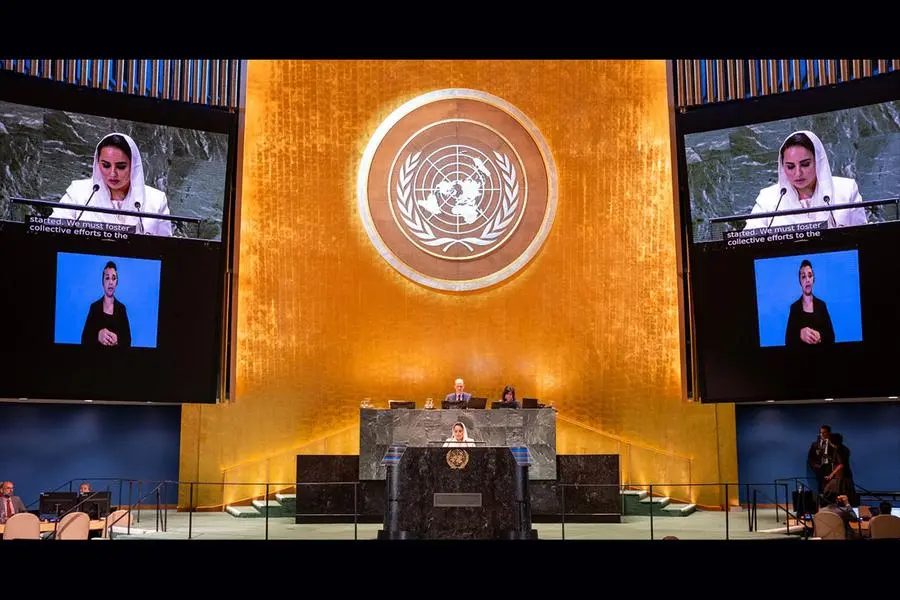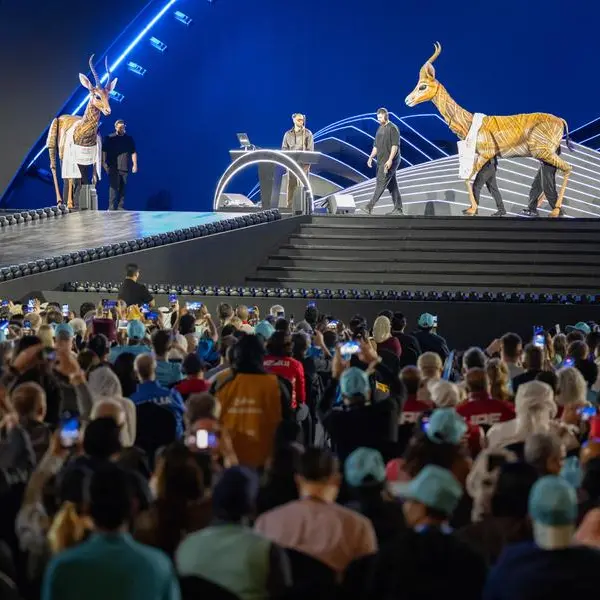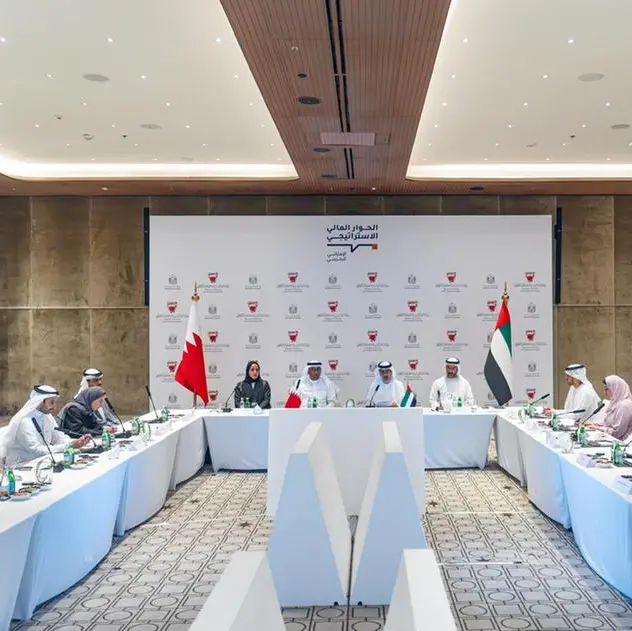PHOTO
New York, USA: Deemah AlYahya, Secretary-General of the Digital Cooperation Organization (DCO), said that “the digital divide the world faces today is multifaceted, encompassing gaps in digital intelligence, computing capabilities, gender, and skills,” in a speech at the Summit of the Future held during UNGA79 in New York.
In her speech, delivered after the UN General Assembly adopted the 'Pact for the Future' and the 'Global Digital Compact’, AlYahya warned that “The AI and computing divide represents a significant barrier, as some nations advance rapidly in AI innovation and deployment, while others struggle to keep pace.
At the same time, the gender digital divide continues to limit women's access to technology and opportunities, and the skills divide leaves many without the digital competencies essential for success in a fast-evolving economy. If we do not address these interconnected challenges, we risk leaving entire communities behind.”
AlYahya praised the Global Digital Compact for “lays out an ambitious roadmap for an inclusive, open, sustainable, fair, safe and secure digital future for all,” emphasizing that “It is a bold vision, but the real challenge is translating these goals, principles, objectives, and commitments into action, especially as we strive to achieve the SDGs.”
AlYahya highlighted that “at the Summit of the Future, the DCO proudly launched the Digital Economy Navigator (DEN), an innovative tool that provides detailed insights on digital economy performance across 50 countries. This initiative is just one of the many ways we are turning the principles of the Global Digital Compact into action.”
She explained that “while DEN is a vital resource, it is only the beginning. In the spirit of networked multilateralism, we must foster collective efforts to the GDC’s ambitious goals, objectives, and commitments. I call upon every country, organization, and individual to join forces in this critical endeavor.”
The Digital Economy Navigator (DEN) evaluates digital economy performance through three intersecting dimensions: Digital Enablers, Digital Business, and Digital Society. Within these dimensions, 10 pillars synthesize and summarize key aspects of countries’ digital economy, and use of digital technology application from 102 indicators gathered from respected secondary data sources, in addition to proprietary survey data of more than 27,000 participants across the 50 countries.
In addition to the launch of the DEN, on the sidelines of UNGA, DCO signed an agreement with the United Nations Development Program (UNDP) to enhance digital cooperation and accelerate digital transformation across the world, to support efforts aimed at achieving the United Nations Sustainable Development Goals by 2030.
It also signed a memorandum of understanding with the League of Arab States (LAS) to accelerate the inclusive and sustainable digital economy, enhance relations and exchange experiences and knowledge, and accelerate the process of digital transformation and economic development.
To watch the full keynote speech visit: https://youtu.be/gSwxP4ZTdeI
About the Digital Cooperation Organization (DCO)
The Digital Cooperation Organization is the world's first standalone international intergovernmental organization focusing on the acceleration of the growth of an inclusive and sustainable digital economy. It is a global multilateral organization founded in November 2020 that aims to enable digital prosperity for all.
The DCO brings together the Ministries of Communications and Information Technology of its Member States, and is focused on empowering youth, women, and entrepreneurs, leveraging the accelerative power of the digital economy, and leapfrogging with innovation to drive economic growth and increase social prosperity.
The Digital Cooperation Organization (DCO) brings together ministries of communications and information technology in 16 countries: the Kingdom of Bahrain, the People's Republic of Bangladesh, the Republic of Cyprus, the Republic of Djibouti, the Republic of The Gambia, the Republic of Ghana, the Hellenic Republic (Greece), the Hashemite Kingdom of Jordan, the State of Kuwait, the Kingdom of Morocco, the Federal Republic of Nigeria, the Sultanate of Oman, the Islamic Republic of Pakistan, the State of Qatar, the Republic of Rwanda, and the Kingdom of Saudi Arabia - collectively representing nearly $3.5 trillion in GDP and a market of nearly 800 million people, more than 70% of whom are under the age of 35.
Through cooperation and strategic dialogue, we drive the facilitation of mutually advantageous cross-border legislation. The DCO seeks to establish within its Member States the optimal infrastructure and policies for the rapid creation of inclusive and equitable digital economies within which all people, businesses, and societies can innovate and thrive. The DCO’s vision is to work towards a world in which every nation, business, and person has a fair opportunity to prosper in the digital economy.
In pursuit of the Member States’ common interests, the DCO works collaboratively with governments, the private sector, international organizations, NGOs, and civil society to enable more inclusive digital transformation and the growth of the digital economy.
The DCO’s key initiatives include programs to enhance cross-border data flows, promote market expansion for SMEs, empower digital entrepreneurs, and advance digital inclusion among women, and the youth, and other underrepresented populations.




















